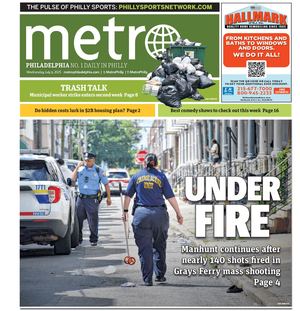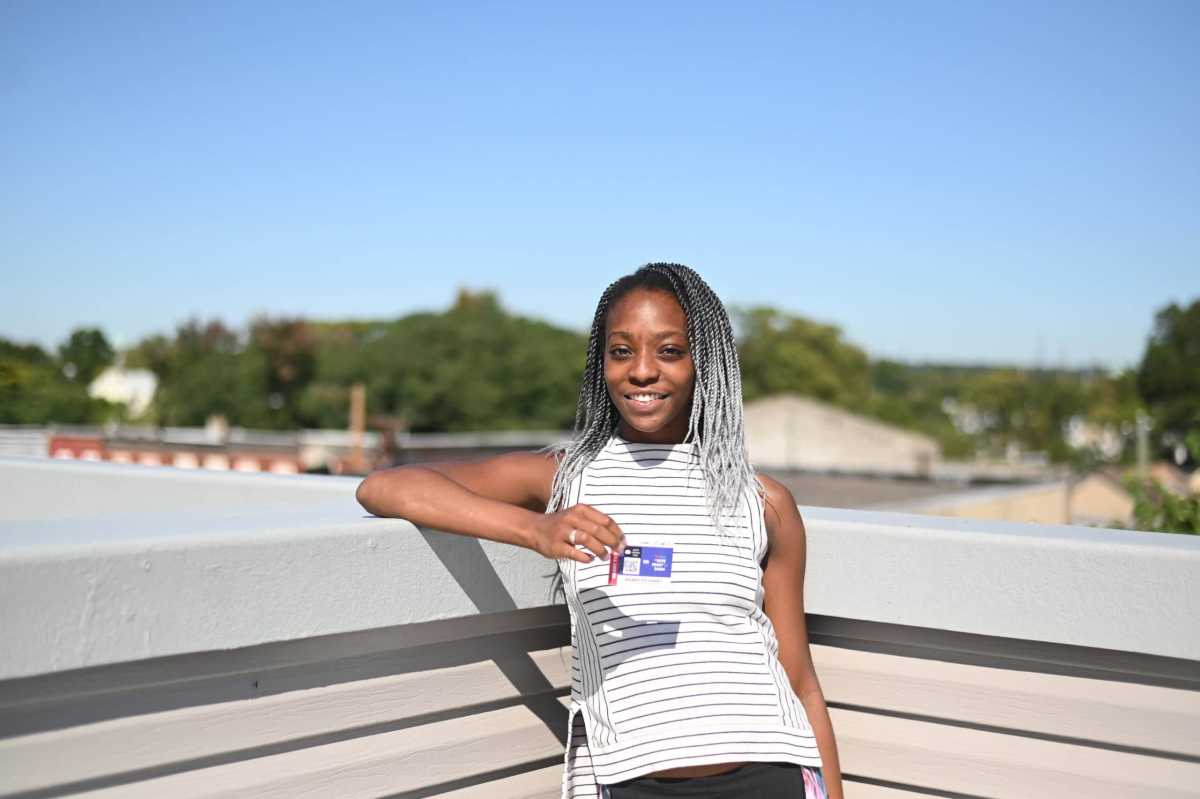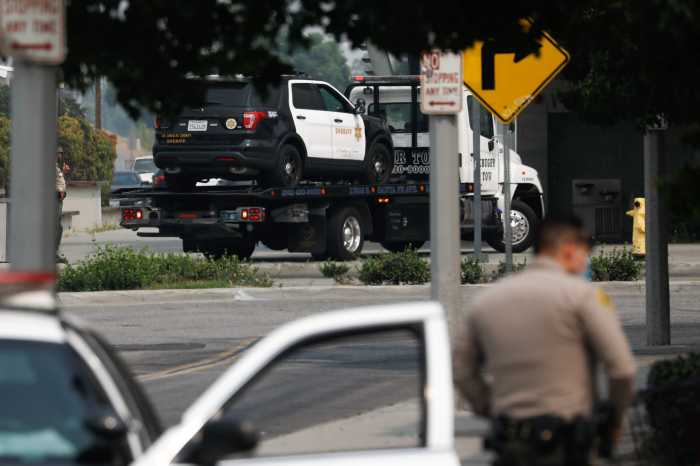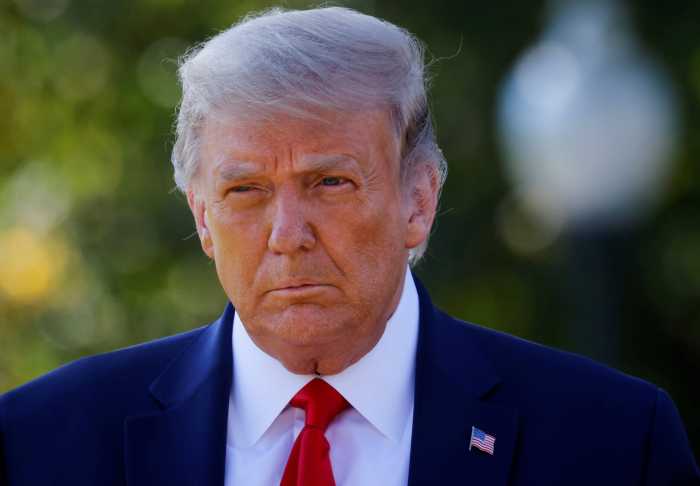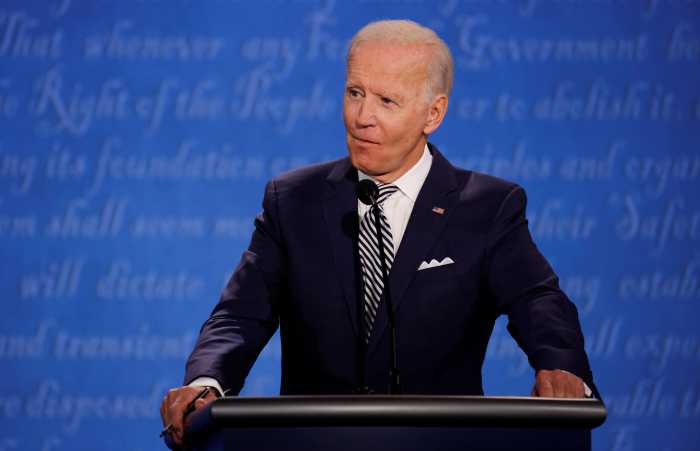Thousands of people in Philadelphia have registered to vote or applied for a mail-in ballot in an unlikely place — a hospital.
Since August, a small team of University of Pennsylvania medical students has been leading an effort to get patients to participate in the political process.
Posters with QR codes have been plastered onto the walls of waiting rooms and outpatients clinics, and Penn Medicine staff have been wearing badge backers behind their hospital identification cards with similar information.
Sometimes, patients see the lanyards and express interest, but organizers of the initiative have encouraged physicians to ask them whether they are registered and if they have a plan to vote in the general election.
“There are a few scripts that we’ve provided to clinicians to help them get the conversation started and kind of ease their fears over getting into a political debate,” said Zonia Moore, 26, a second-year Penn medical student who is one of the program’s leaders.
She and fellow student Yoonhee Ha helped bring VotER, a nationwide effort started by a Massachusetts doctor, to Philadelphia. Working with other students and staff, Moore got it approved by Penn Medicine’s top executives.
VotER provides materials and guidance on how to implement the program at a local level.
The initiative has been wildly successful. So far, more than 1,000 Penn patients have used their phones to inquire about the registration process and about 2,700 have looked into applying for mail-in ballots.
That’s more than any other university health system using VotER, according to the program’s website. Medical centers in Pennsylvania have also engaged more patients about voting services — more than 8,700 — than any other state.
Staff have bought in, Moore said, and she and the other students have distributed about 1,500 badges to employees at Penn Medicine’s core hospitals, and voting pins have been sent to the system’s outlying medical centers.
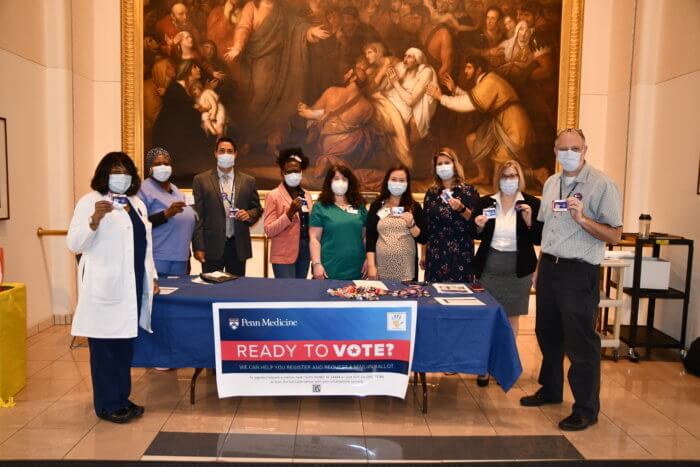
Two of the most important issues in November’s presidential election are the response to the novel coronavirus pandemic and the future of the country’s healthcare system, so it makes sense to check in with patients about voting, Moore said.
“By bringing civic engagement into the healthcare system, they make that link, and they start to look more at what their politicians’ views are towards health care and the health system as opposed to voting on more social issues or fiscal issues,” she said.
VotER is nonpartisan, and it has to be, because federal guidelines prohibit nonprofit health networks from backing a particular candidate or campaign.
Moore said patients are “a bit surprised” when doctors or nurses question them about voting, but the vast majority welcome the chance to get involved.
“I’ve never had patients be so universally appreciative of something than they are of this opportunity,” said Judd Flesch, a doctor and medical school faculty member.
Flesch, who has been supporting the VotER program, co-founded a separate project in 2016 to help patients vote from their hospital beds.
The deadline to request mail-in ballots is a week before Election Day, but people in extreme circumstances can apply for an emergency absentee ballot.
“Essentially, you planned on going to the polls and then something happened to you within the last week before the election that will make it impossible or really difficult for you to get to the polls safely,” Flesch said.
Patients fill out an application, and volunteers run it to City Hall to get the ballot. Then, they bring it back to the hospital for the patients to fill it out, and the volunteer returns it along with a form authorizing third-party delivery.
Due to COVID-19 restrictions, Penn Medicine didn’t conduct the program during the June primary, but Flesch said they are in the final planning stages to administer it next month.
“We really believe that we should be thinking of patients as people, not just diseases,” he said.
Moore, who grew up in the Pittsburgh area, said the importance of voting was instilled in her by her father, who brought her as a child to the polls on Election Day.
She wants to be a health professional who deals not just with medical emergencies, but also with other urgent needs, such as housing and food insecurities.
Being part of the VotER project is a step in that direction.
“With all this going on in the world, I wanted to find some of my own agency in affecting that process,” Moore said.
